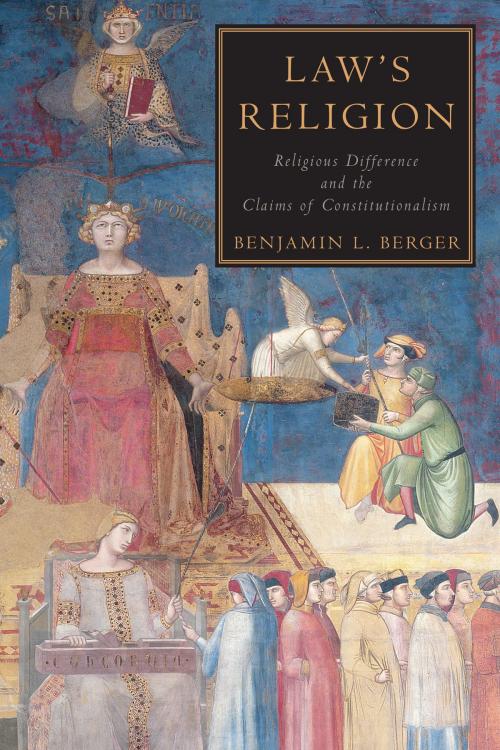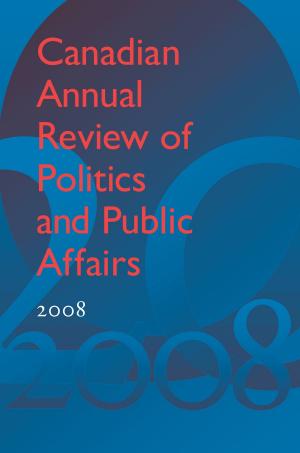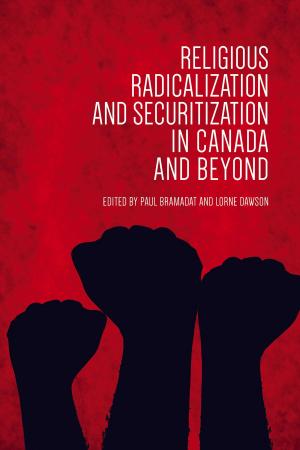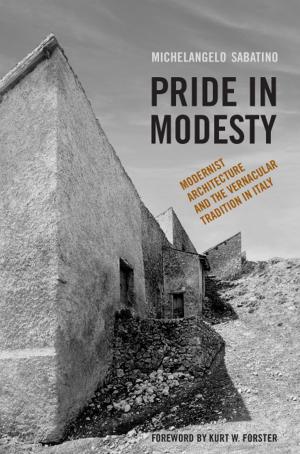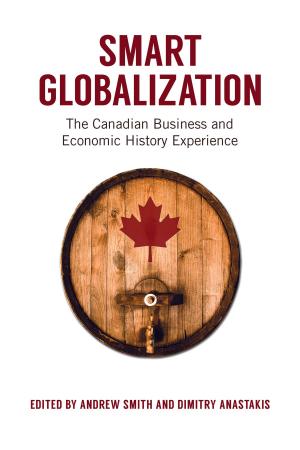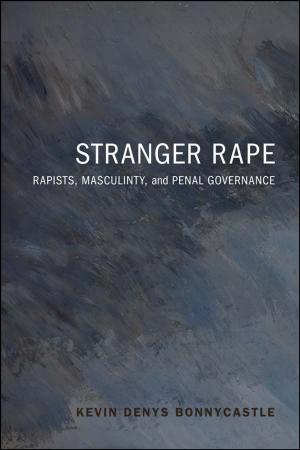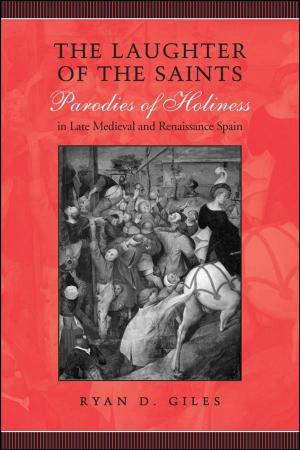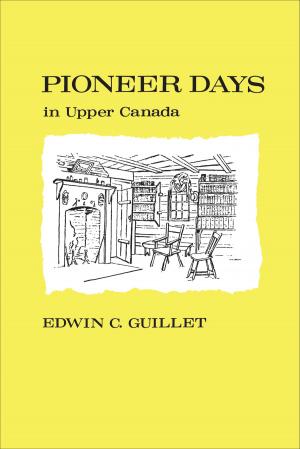Law's Religion
Religious Difference and the Claims of Constitutionalism
Nonfiction, Social & Cultural Studies, Political Science, International, Reference & Language, Law, Religion & Spirituality| Author: | Benjamin L. Berger | ISBN: | 9781442696396 |
| Publisher: | University of Toronto Press, Scholarly Publishing Division | Publication: | January 28, 2016 |
| Imprint: | Language: | English |
| Author: | Benjamin L. Berger |
| ISBN: | 9781442696396 |
| Publisher: | University of Toronto Press, Scholarly Publishing Division |
| Publication: | January 28, 2016 |
| Imprint: | |
| Language: | English |
Prevailing stories about law and religion place great faith in the capacity of legal multiculturalism, rights-based toleration, and conceptions of the secular to manage issues raised by religious difference. Yet the relationship between law and religion consistently proves more fraught than such accounts suggest. In Law’s Religion, Benjamin L. Berger knocks law from its perch above culture, arguing that liberal constitutionalism is an aspect of, not an answer to, the challenges of cultural pluralism. Berger urges an approach to the study of law and religion that focuses on the experience of law as a potent cultural force.
Based on a close reading of Canadian jurisprudence, but relevant to all liberal legal orders, this book explores the nature and limits of legal tolerance and shows how constitutional law’s understanding of religion shapes religious freedom. Rather than calling for legal reform, Law’s Religion invites us to rethink the ethics, virtues, and practices of adjudication in matters of religious difference.
Prevailing stories about law and religion place great faith in the capacity of legal multiculturalism, rights-based toleration, and conceptions of the secular to manage issues raised by religious difference. Yet the relationship between law and religion consistently proves more fraught than such accounts suggest. In Law’s Religion, Benjamin L. Berger knocks law from its perch above culture, arguing that liberal constitutionalism is an aspect of, not an answer to, the challenges of cultural pluralism. Berger urges an approach to the study of law and religion that focuses on the experience of law as a potent cultural force.
Based on a close reading of Canadian jurisprudence, but relevant to all liberal legal orders, this book explores the nature and limits of legal tolerance and shows how constitutional law’s understanding of religion shapes religious freedom. Rather than calling for legal reform, Law’s Religion invites us to rethink the ethics, virtues, and practices of adjudication in matters of religious difference.
